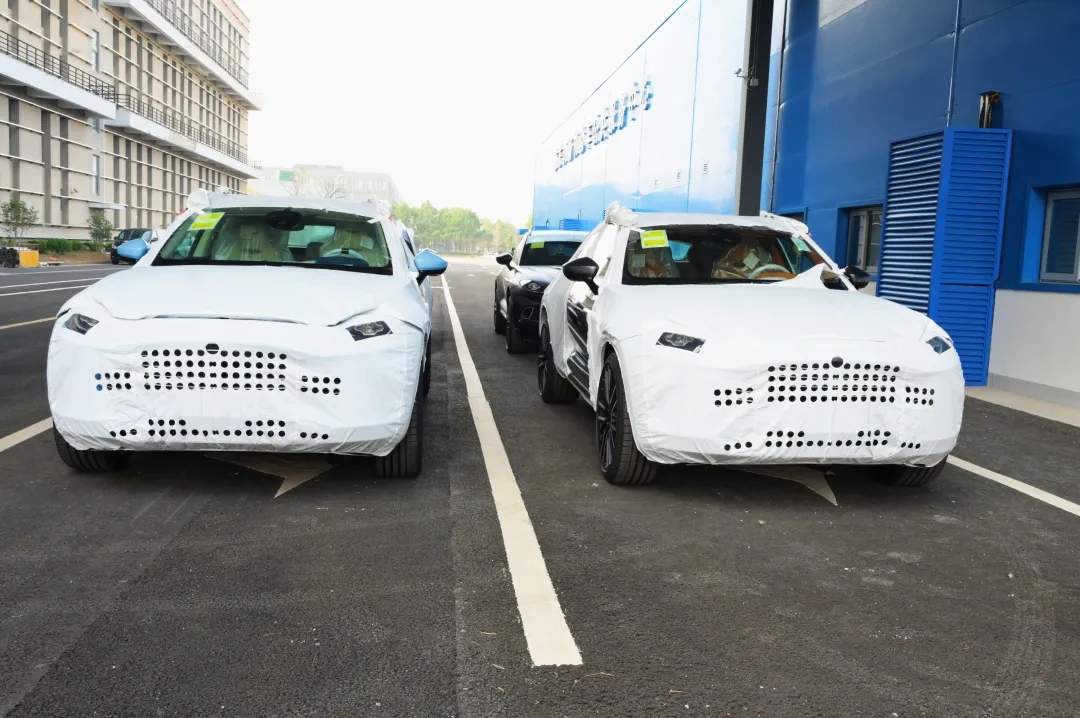Pilot free trade zones inspire nation's higher level opening-up


Pilot free trade zones, a test field for deepening reforms and furthering opening-up, are expected to have higher-level opening-up and more breakthroughs in institutional innovations in the coming years, government officials and experts said.
The development of FTZs will be better aligned with the national agenda such as stabilizing industrial and supply chains and further supply-side structural reforms to contribute to high-quality development, they said.
With a total of 21 pilot free trade zones across China from coastal areas to inner regions, increased experiments in a growing number of FTZs are widely seen as among the pacesetters of China's all-around opening-up.
Items on the FTZ negative list for foreign investment have been reduced to 30 in the latest version released late last year, down from 190 items in 2013, the year when China established its first FTZ in Shanghai. A negative list refers to special administrative measures for access of foreign investors to specific fields of business.
The FTZs have also been playing an increasingly important role in the Chinese economy since 2013. During the first three quarters, the share of pilot FTZs in China's foreign trade and foreign investment inflows hit 16.5 percent and 18.1 percent, respectively. This was the case even if they account for less than 0.4 percent of the national territory, the Ministry of Commerce said.
"China will increase stress tests in FTZs on the premise of manageable risk-taking, reduce items on the FTZ negative list for foreign investment, and formulate an FTZ negative list for cross-border services trade to accumulate experiences for opening-up at a higher level, broader areas and more places," said Wang Shouwen, China's vice-minister of commerce.
FTZs will be delegated with increased autonomy over reforms to align with high-level international economic and trade rules and further unleash the potential of reform and opening-up, said Wang, who made the remarks in a video link at a recent forum on FTZ development held by the Beijing-based Chinese Academy of International Trade and Economic Cooperation in Hangzhou, Zhejiang province.
FTZs will also be encouraged to attract inflows of high-quality production factors at home and abroad based on each other's distinctive strength and positioning, and accelerate industries with comparative advantages.
In that way, the development of FTZs will become supportive to the realization of national agendas such as stabilizing industrial and supply chains, expanding the domestic market, deepening supply-side structural reform and coordinating regional development, Wang said.
Gu Xueming, head of CAITEC, said at the forum that as China is establishing dual-circulation development pattern, FTZs are expected to step up trials and accumulate experiences on institutional innovations to contribute to the formulation of the new development pattern.
Dual-circulation development takes the domestic market as the mainstay while letting domestic and foreign markets reinforce each other. Institutional innovations regarding the enhancement of domestic circulation, interplay of domestic and foreign markets and opening-up risk control should be the focus of such trials, Gu said.
A report on FTZ development in 2020 by CAITEC said FTZs have conducted bold trials to make breakthroughs in deepening reform and furthering opening-up last year and have made progress in further aligning with high-level international economic and trade rules to promote the development of the industrial economy.
Centering on trade and investment facilitation and liberalization, FTZs have made significant progress in institutional innovations regarding foreign investment management, efficiency of customs clearance and financial opening-up, the report said.
Gu suggested FTZs vigorously promote the development of high-end and emerging industries by fueling digital economic growth and enhancing financial and technological support, while improving online and offline infrastructure for logistics and connectivity at the same time.
He also suggested FTZs establish platforms for international cooperation on supply chains and better support foreign enterprises to get listed on domestic stock exchanges.
FTZs should also extend economic and trade cooperation with nearby economies such as Japan, South Korea and the Association of Southeast Asian Nations to strengthen alignment in trade rules, he said.
Lu Jing, deputy dean of the College of Economics at Zhejiang University, said China's FTZs have already achieved almost full opening-up in trade in goods. For the next step, they should conduct more trials regarding opening-up in the services sector, such as financial services, education, senior care and architectural design.
- Country raises bar as it boosts opening-up
- Shanghai FTZ smooths out path for imported vehicles domestic market entry
- Chinese vice-premier stresses continuous development of Hainan free trade port
- Comprehensive bonded zone in South China starts operations
- Shanghai FTZ Bonded Area makes global trade easier



































